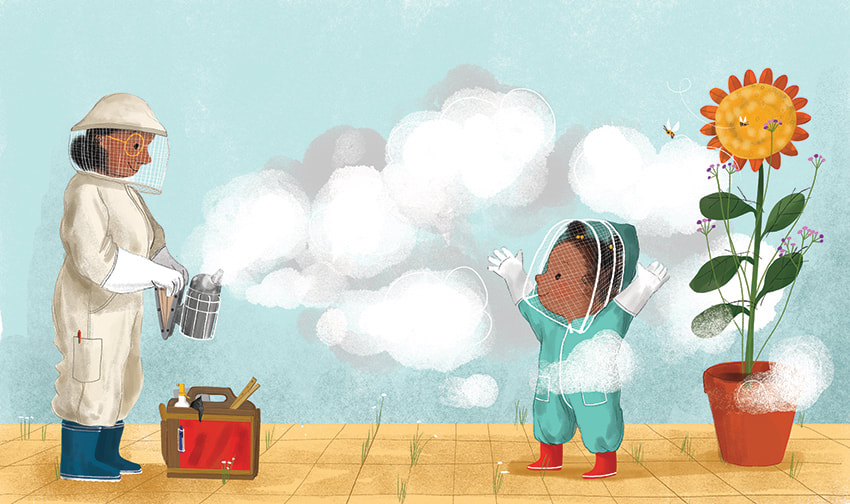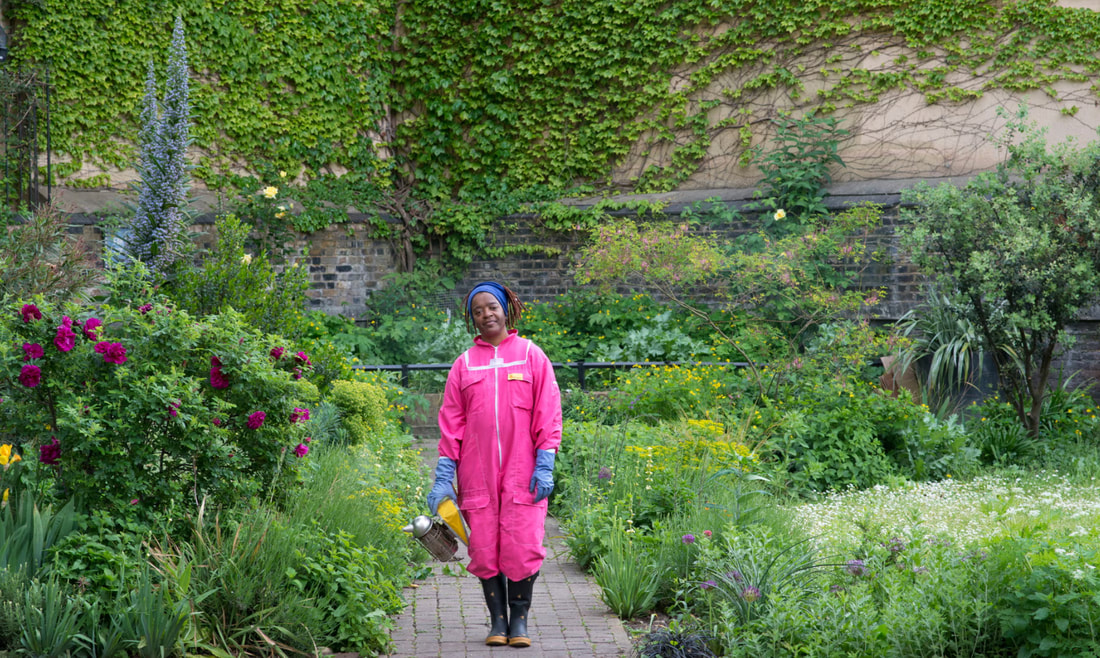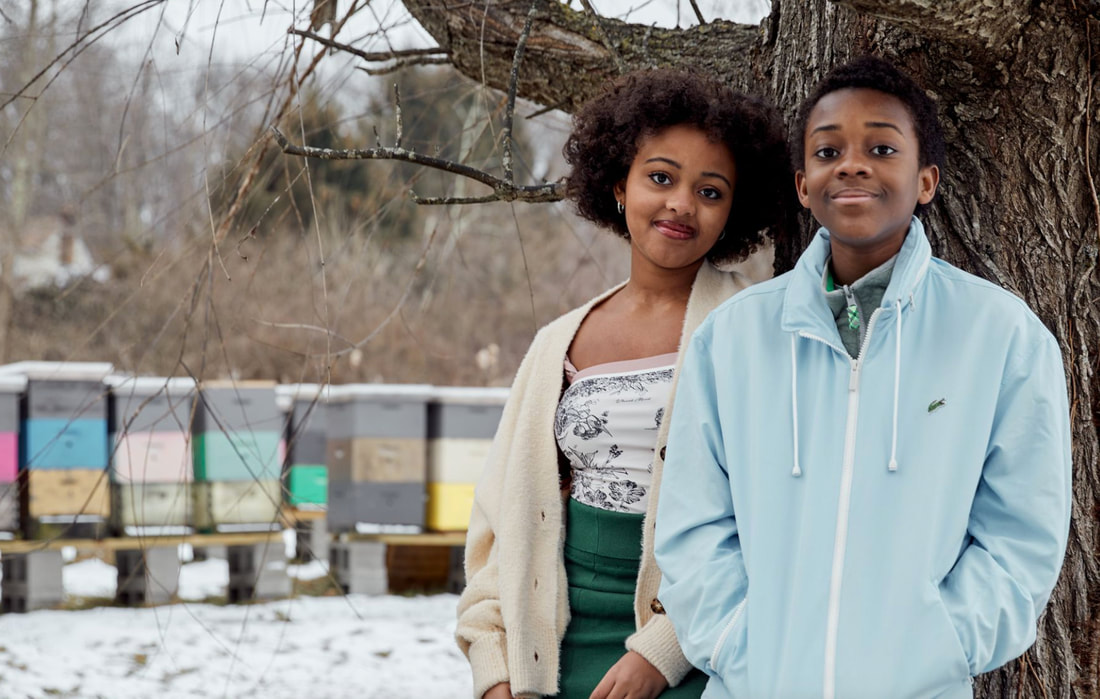Zora and some real-life inspirational
Black Beekeepers
Why Zora?
After I decided that my next story would be a visit to an apiary, I sat down to write and immediately typed Zora as the beekeeper's name... Often I spend hours researching and deciding on a character's name, so this was unusual for me. Of course, the name immediately conjures Zora Neale Hurston, and I like to think she might have approved!
Certainly as someone who dedicated herself to promoting and studying black culture, I think she would have been interested in beekeeping history too, especially that of Black bee-keepers like the following...
After I decided that my next story would be a visit to an apiary, I sat down to write and immediately typed Zora as the beekeeper's name... Often I spend hours researching and deciding on a character's name, so this was unusual for me. Of course, the name immediately conjures Zora Neale Hurston, and I like to think she might have approved!
Certainly as someone who dedicated herself to promoting and studying black culture, I think she would have been interested in beekeeping history too, especially that of Black bee-keepers like the following...
|
Black beekeepers in the USA -
Read a fascinating history - here The article above mentions Hunterdon County beekeepers, Zach and Zoe (left) North Carolina beekeeper, Samantha Foxx Winship founder of Mother's Finest Urban Farms New Jersey beekeeper Tameeka Chang of Holland Homestead Detroit beekeepers, Lindsey and Paule Jackson at Detroit Hives which hosts apiaries on some of the city's vacant lots |
This is from the article too...
Whenever a person of color questions his interest in bees and conservation efforts as a Black person, Paule Jackson reminds them of the Black people who came before him. He mentions Booker T. Washington who, in 1881, made beekeeping a mandatory part of the curriculum at Tuskegee Institute because it would help instill discipline in students. Dr. Charles Henry Turner discovered bees could detect color and pattern, and famed mathematician Benjamin Banneker was also an apiarist. Dr. Shirley Ann Jackson, the first African American woman to receive a doctorate degree from MIT, first studied bee patterns.
Whenever a person of color questions his interest in bees and conservation efforts as a Black person, Paule Jackson reminds them of the Black people who came before him. He mentions Booker T. Washington who, in 1881, made beekeeping a mandatory part of the curriculum at Tuskegee Institute because it would help instill discipline in students. Dr. Charles Henry Turner discovered bees could detect color and pattern, and famed mathematician Benjamin Banneker was also an apiarist. Dr. Shirley Ann Jackson, the first African American woman to receive a doctorate degree from MIT, first studied bee patterns.
|
You can read about Kenyan Beekeepers of the African Beekeepers Ltd (ABL) here
And eminent computer scientist, Philip Emeagwali of Nigeria (left) here. Emeagwali was inspired by the honeycomb in developing the world’s fastest computing network and forerunner to the Internet. Describing his inspiration for the breakthrough, Emeagwali said that he remembered observing bees in nature. He saw that their way of working together and communicating with each other was inherently more efficient than trying to accomplish tasks separately. He wanted to make computers emulate the construction and operation of a beehive's honeycomb. |



